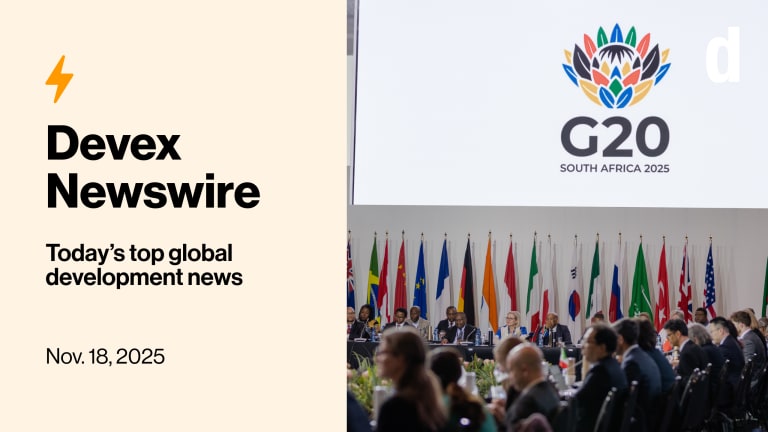Even before the United Nations Climate Ambition Summit last week in New York, September was a busy month on the climate diplomacy front — especially in lower-income countries that bear the brunt of climate change but have done little to cause it themselves.
Kenya's Nairobi played host to the high-profile inaugural Africa Climate Week. There was the World Summit of Development Banks in Cartagena, Colombia, where climate finance was a big topic. The focus then shifted to New Delhi as it hosted the summit for the Group of 20 major economies, where some of the most powerful global south countries promised to triple their renewable energy capacity.
As lower-income countries grow ever distrustful of the global north’s climate leadership, they are looking to themselves, playing host and taking on larger roles in high-profile international convenings.
These are “a series of meetings in a fraying multilateral system, where really what we need is political leadership to step change its response in light of the step change in the way in which climate impacts are gripping people around the world,” said Rachel Kyte, climate policy expert and co-chair of the Voluntary Carbon Markets Integrity Initiative.








